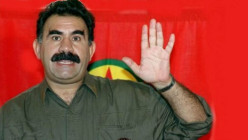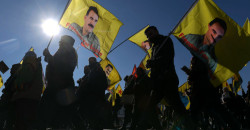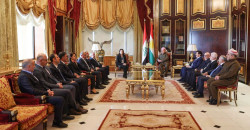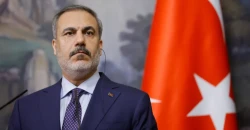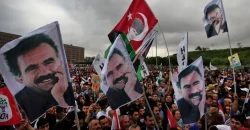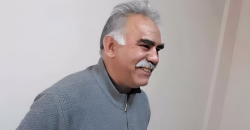New push for peace: Ocalan calls for dialogue with Kurdish figures
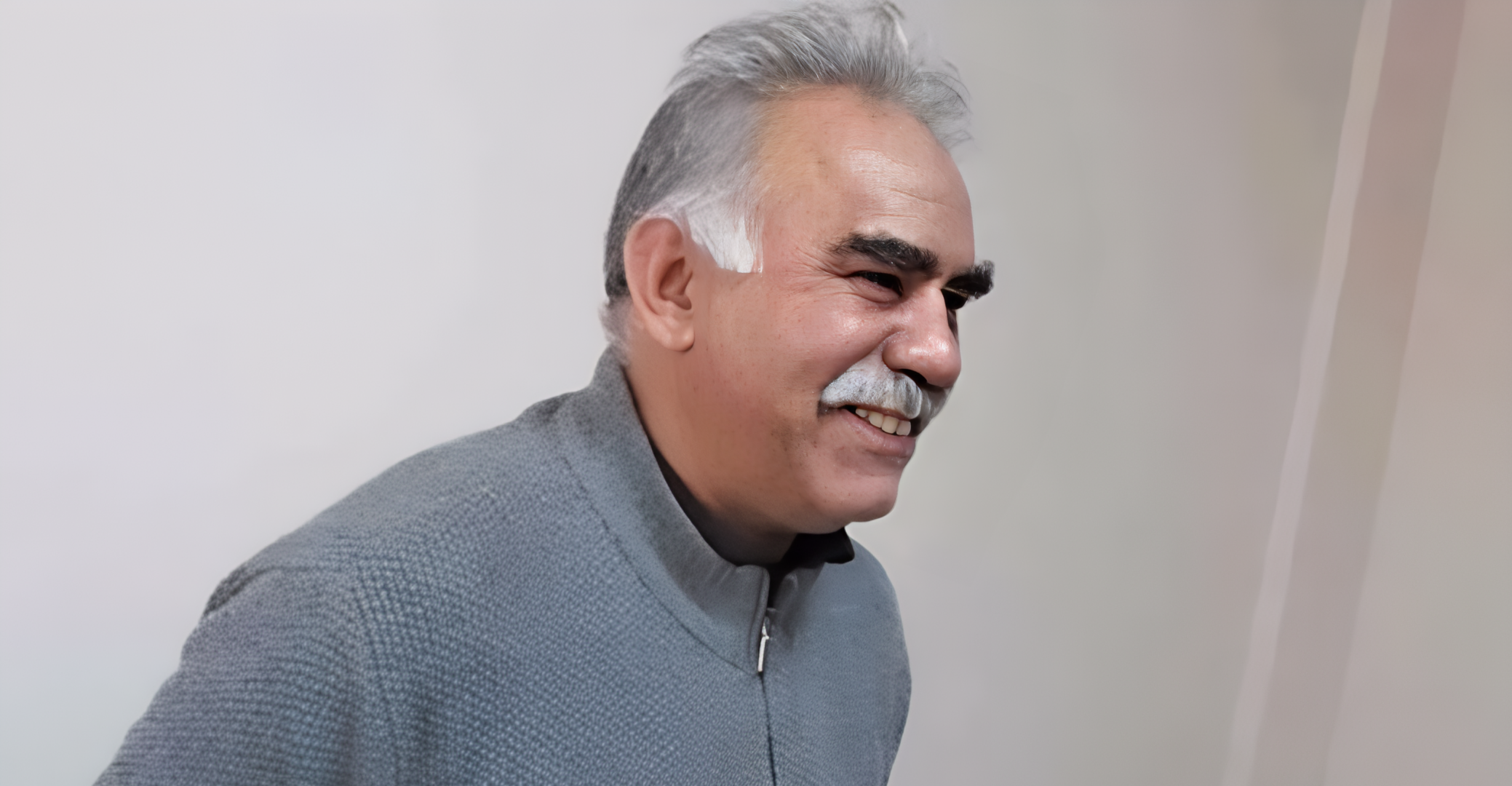
Shafaq News/ Abdullah Ocalan, the imprisoned leader of the Kurdistan Workers’ Party (PKK), has proposed launching talks with prominent Kurdish political and military figures, the pro-Kurdish DEM Party announced on Wednesday.
Aysegul Dogan, spokesperson for the DEM Party—widely regarded as the successor to the sidelined Peoples’ Democratic Party (HDP)—confirmed that preparations are underway for a visit to İmralı prison to meet Ocalan and discuss the framework for renewed political engagement.
“This step is essential for advancing the peace process,” she told reporters in Ankara.
The proposed dialogue includes Masoud Barzani, leader of the Kurdistan Democratic Party (KDP); Nechirvan Barzani, President of the Kurdistan Region; Bafel Talabani, head of the Patriotic Union of Kurdistan (PUK); and Mazloum Abdi, Commander-in-Chief of the Syrian Democratic Forces (SDF).
Nechirvan Barzani characterized Ocalan’s recent outreach as “a constructive step” that could revive stalled peace efforts, while Masoud Barzani has consistently supported peaceful resolution mechanisms, describing dialogue as “the only viable path” to address Kurdish-Turkish disputes.
PKK Strategy Shift
The announcement follows the PKK’s unilateral ceasefire declared on March 1, shortly after Ocalan issued a message urging the group to disarm and dissolve.
In his statement, read publicly by DEM Party deputies on February 27, Ocalan described the pivot to political engagement as a “historic responsibility” and called for the armed struggle to give way to democratic strategy.
Despite his detention since 1999, Ocalan continues to serve as the PKK’s ideological reference point and remains influential in shaping the group’s direction, and his latest message is widely seen as the most serious overture toward reconciliation since the collapse of the 2013–2015 peace process.
The PKK, designated as a terrorist organization by Turkiye, the United States, and the European Union, has fought an insurgency against the Turkish state since 1984, a conflict that has left over 40,000 dead.
Meanwhile, the DEM Party continues to advocate for Kurdish political inclusion under increasing legal pressure, as Turkish authorities pursue multiple cases to dissolve the party and prosecute its affiliates, alleging links to the PKK—claims the party denies.
